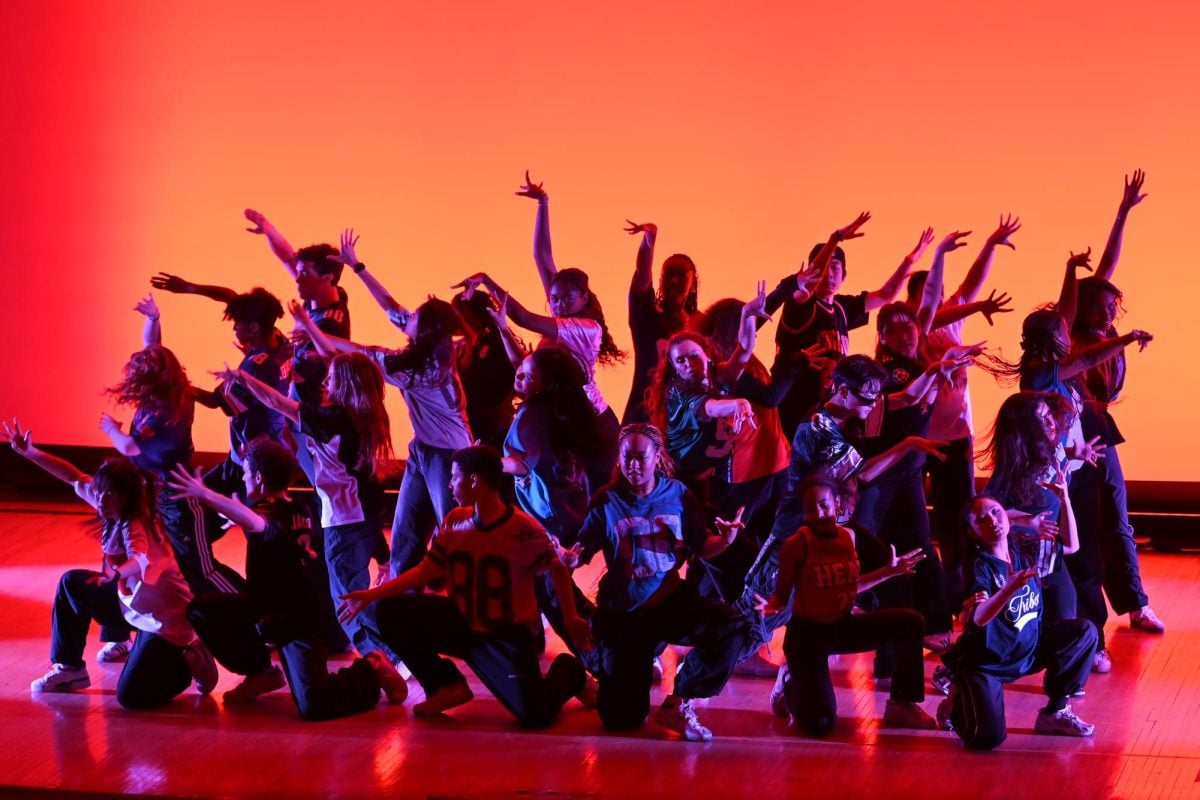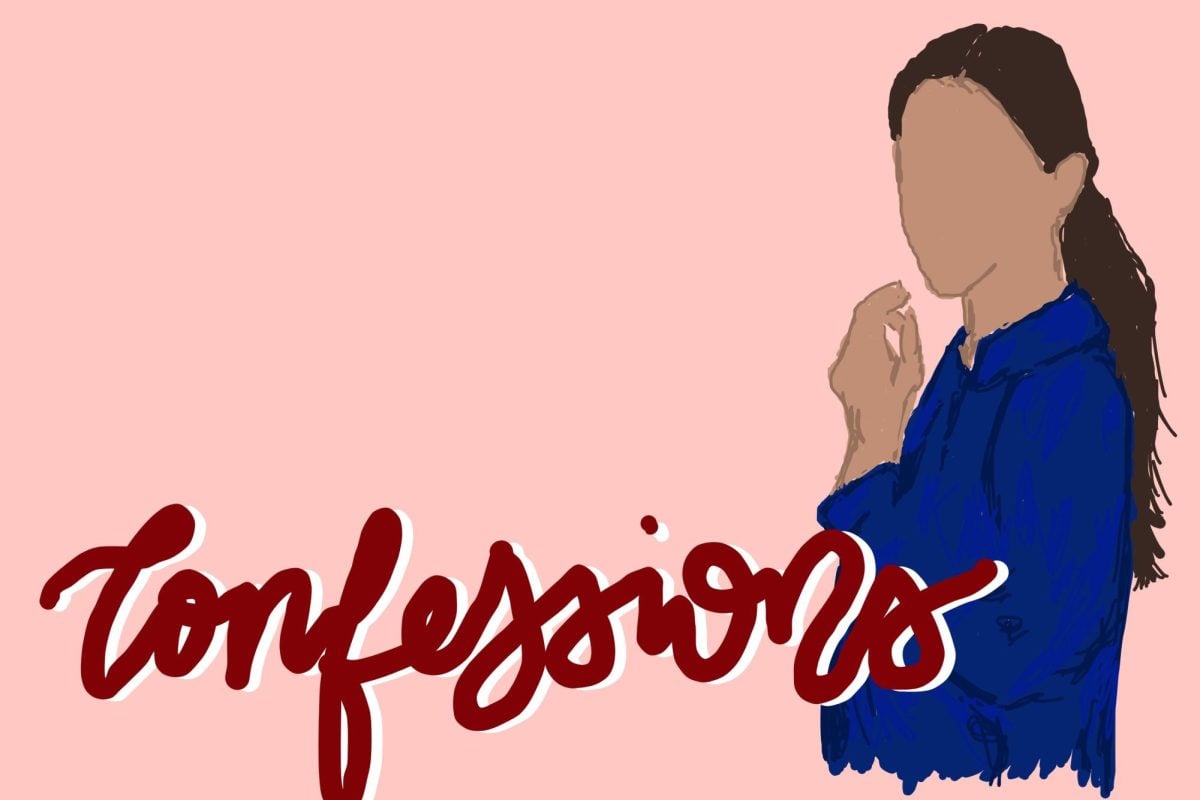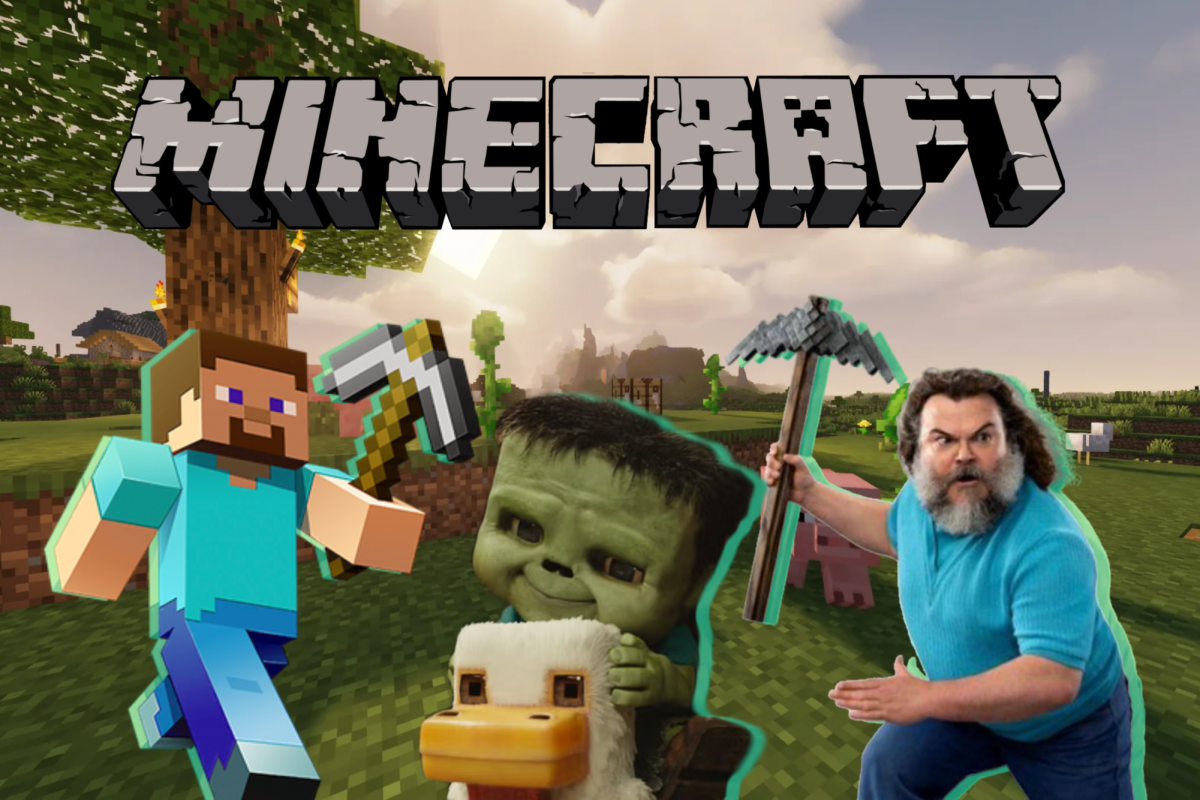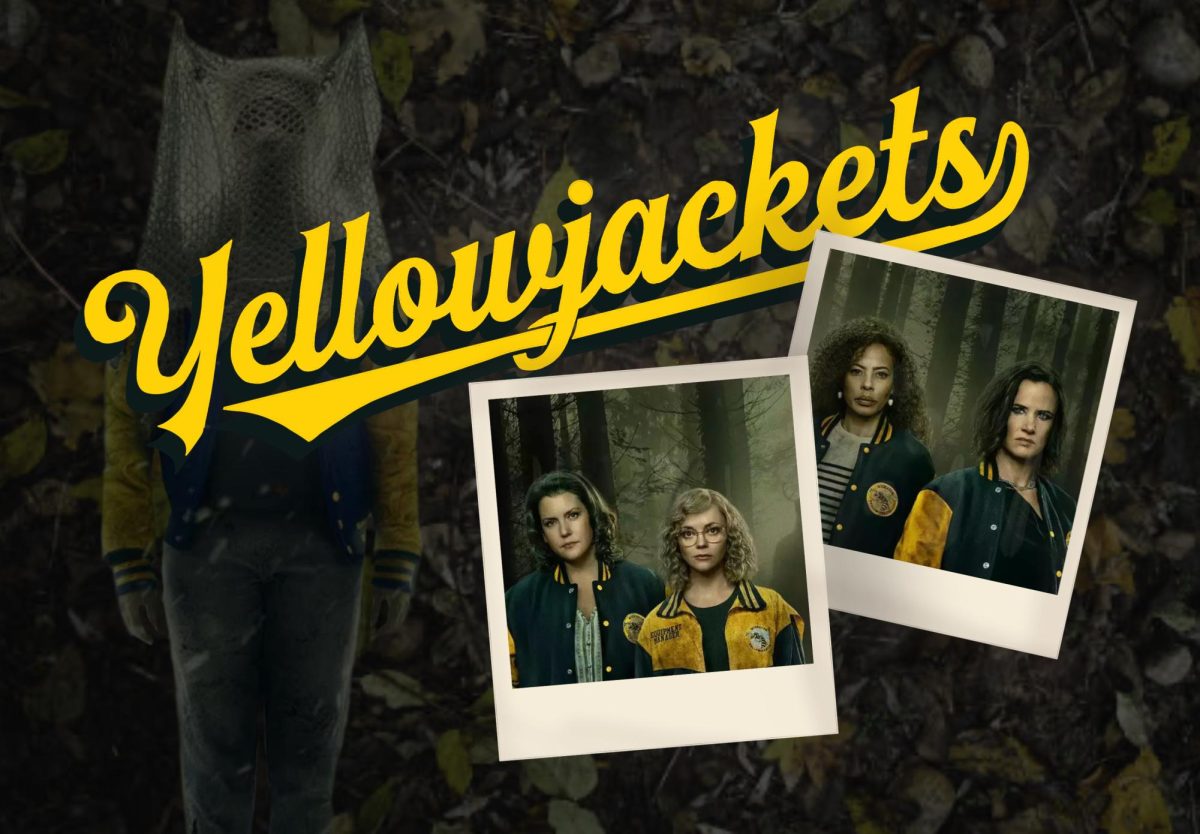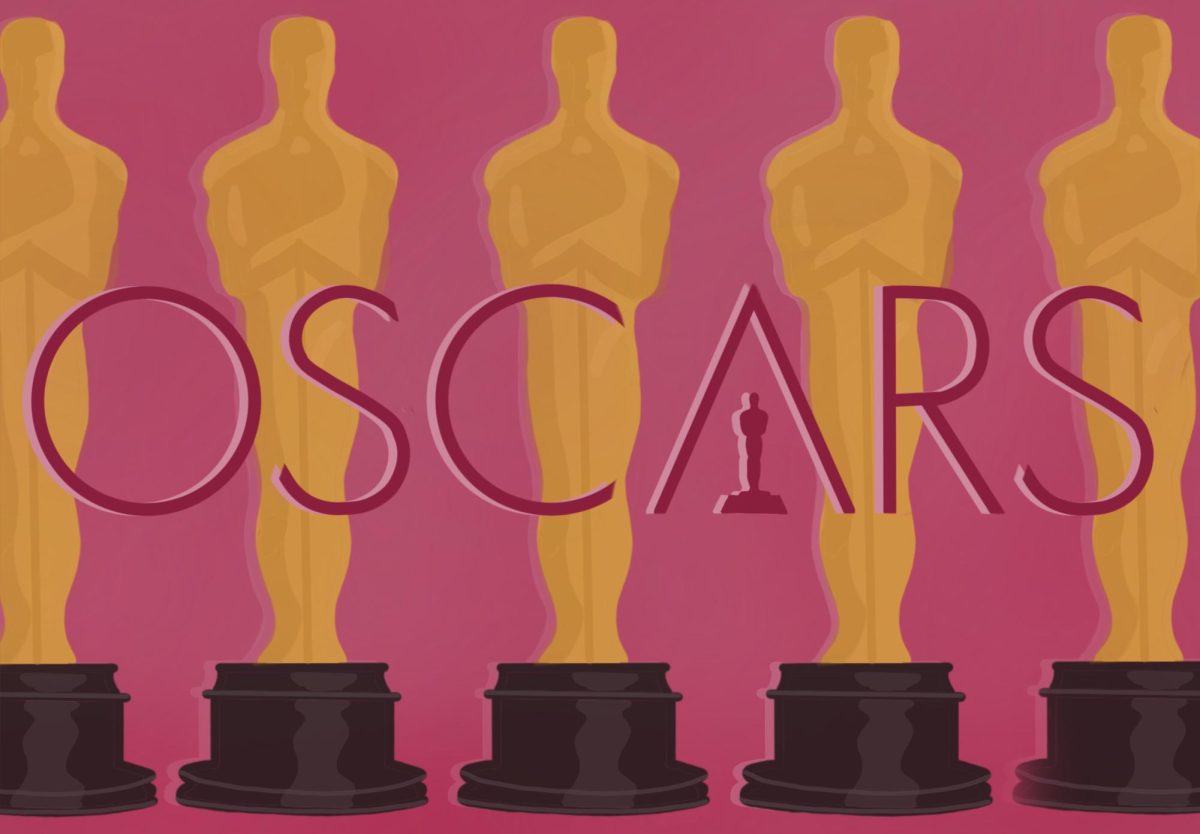In collaboration with Northwestern’s School of Communication, Proud Stutter — a nonprofit that works to shift conversations on stuttering — hosted a panel, “Beyond Resilience: Using Film as a Catalyst for Change in The Stuttering & Disability Communities,” Wednesday.
Maya Chupkov, a stuttering advocate and filmmaker, did not openly talk about her stutter until 2021. After receiving the Chicago Humanities Project Grant, she founded the podcast “Proud Stutter” in October 2021.
Proud Stutter is approaching its 100th podcast episode. Chupkov’s guests span college students to bus drivers to journalists to CEOs — many of whom stutter.
Many of them said they have never spoken with another person who stutters, Chupkov said.
“It’s been really powerful, because sometimes it can be really scary to talk with another person who stutters because it brings back a lot of memories and past trauma,” Chupkov said. “It’s just nice to be able to be a resource for people and that they see a safe space in Proud Stutter.”
Chupkov also noted the panel at NU was the first time Proud Stutter had partnered with a university.
The event began by showcasing clips from independent filmmakers in the stuttering and disabled communities. One of these filmmakers was Clare Cooney, who has had a stutter since she was three years old. Cooney said she was excited to attend the event and meet other filmmakers who stutter.
A clip from Cooney’s last film, a psychological thriller called “Departing Seniors,” was played at the event. Cooney said she is currently in the pre-production process for another thriller centering around a woman who stutters.
“I often know what I want to say and how I want to say it, but my body won’t let me, so it feels like a betrayal in some way,” Cooney said. “(Focusing on stuttering) felt like a really powerful way to write a film about betrayal in relationships.”
Reveca Torres, filmmaker and co-founder of BACKBONES — a nonprofit connecting people with spinal cord injuries — was also part of the panel.
Torres was paralyzed in a car accident as a teenager. Despite being part of the disabled community since 1995, she said she was rarely taught disability history. She also said one of her primary motivations in creating films is to help document the history of people with disabilities.
“Taking up space is something that’s really important and that really empowers people in our community,” Torres said. “Oftentimes we end up apologizing or trying to shrink because we don’t want to make other people uncomfortable.”
A video from Michael Kidd-Gilchrist, a former NBA player who stutters, also played at the event. Kidd-Gilchrist is currently working to get Senate Bill 40 passed in Illinois, which will require health insurers to cover speech therapy as a treatment for stuttering through either private or public insurance.
Chupkov said she is working with Kidd-Gilchrist to get the bill passed in California as well.
In addition to the bill and Proud Stutter, Chupkov’s upcoming project is a documentary about two Black men who stutter. She said the film showcases the intersection of race, disability and the criminal justice system.
“I think we bring a really unique lens to our filmmaking, because we experience the world differently,” Chupkov said. “I would always say lead with your stutter, because stuttering really makes us more empathetic as humans.”
Email: clarekirwan2028@u.northwestern.edu
X: @ClareKirwan31
Related Stories:
— Art community explores social justice through “artivism” on campus
— Chicago-based artists talk ‘grassroots’ culture, community of growing music scene
— Block exhibition Woven Being: Art for Zhegagoynak/Chicagoland highlights Indigenous artists






